In the wake of Thursday’s council elections, irrespective of who’s reckoned to have come out ahead, one question is likely to be asked – as it’s been asked in the aftermath of every such contest in recent years.
Why do so many people, younger people in particular, not turn out to vote?
Casting a ballot, after all, is no big deal. It rarely takes more than a few minutes to walk, drive or take a bus to a polling station. It takes even less time to complete the postal voting forms that are easily obtained.
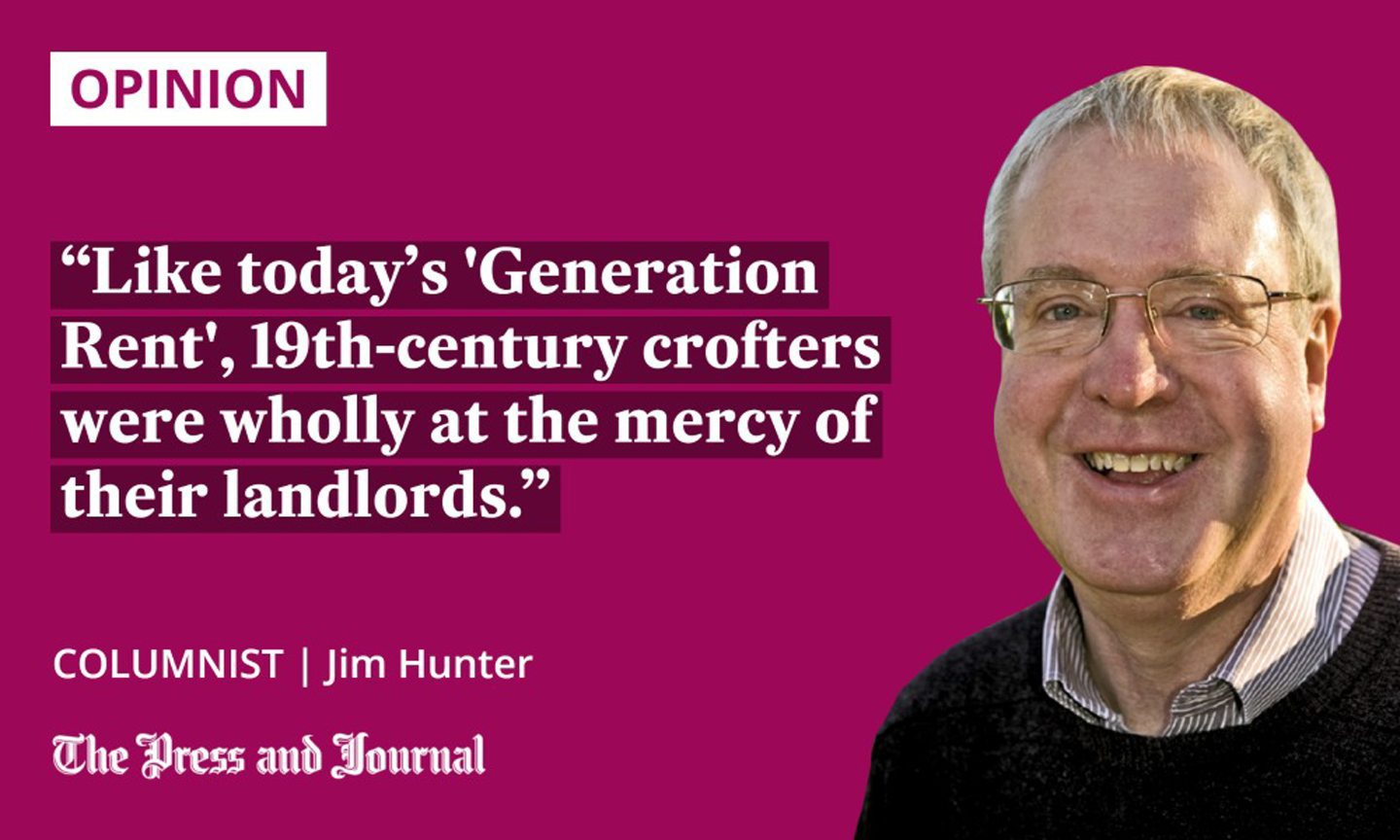
Apathy is usually blamed. Young folk, it’s said, don’t take their civic duties seriously.
Their grandparents and great-grandparents might have fought, and even died, to safeguard and preserve democracy. But, today’s young folk, or so it’s claimed, just can’t make the minimal effort involved in exercising their hard-won right to determine who’s in charge – whether locally or nationally.
But is that an adequate explanation for electoral abstentionism? Or could there be another cause – one that shifts at least some of the blame from the non-voting young to the political parties that want, or say they want, the younger generation’s vote?
Suppose you’re a young person who, with your partner, is trying desperately to get by in a run-down property where your rent and other costs are rising faster than your joint income, and where you’re under constant threat of being turfed out by your landlord.
In today’s Scotland, today’s Britain, that’s no uncommon situation.
Protecting renters is considered ‘extreme’
Now, suppose that, through your letterbox, comes an election leaflet from a major political party. This contains a guarantee that, should the party in question be voted into power, your rent will be both controlled and reduced – while, at the same time, your eviction from your home will be made legally impossible.
Might you then be more inclined to make that short trip to a polling booth?
The answer’s surely yes. The problem being, of course, that this scenario, this electoral offer, is likely to remain a fantasy in a country so firmly wedded as the UK to the notion that any such proposal – any such interference with what’s habitually described as the free market – would be so “extreme” as to be ruled out automatically by any politician looking to be seen as “responsible”, “moderate” and “electable”.
This wasn’t always so.
Politicians changed everything for crofters
Take, for instance, William Gladstone. The once-towering leader of successive Liberal governments isn’t much remembered nowadays – his name, if turning up at all, doing so mostly in connection with the decades-long feud he conducted with his Tory counterpart, Benjamin Disraeli.
Crofters could be turned out of their crofts – and, thus, left both landless and homeless – with minimal notice
But Gladstone, this stalwart of Victorian rectitude, book-balancing and fiscal prudence, was perfectly prepared to subject the free market of his day to legislatively imposed controls of a sort that present-day politicos – whether Labour, SNP or Conservative – would immediately rule out of order.
Among the beneficiaries of Gladstonian interventionism were, and still are, Highland crofters.
Like today’s “Generation Rent”, 19th-century crofters were wholly at the mercy of their landlords. For their three, four or five acres of usually indifferent land, they were habitually charged more, sometimes a lot more, per acre than tenant farmers occupying southern Britian’s most productive fields.
Worse, crofters could be turned out of their crofts – and, thus, left both landless and homeless – with minimal notice.
This was what had enabled landlords to carry out the mass evictions known as clearances. And, though, by the time William Gladstone came to power in Westminster, the emptying of whole localities had ceased, individual crofting families remained at risk of being kicked off their crofts with next to no notice and with nothing in the way of compensation or redress.
We need a modern William Gladstone in power
Gladstone’s Crofters Act of 1886 changed all that. Much to the outrage of their landlords, crofters were provided with the absolute security of tenure their present-day successors continue to enjoy.
Still more infuriating, from a landowning standpoint, was the decision to take away a laird’s power to set croft rents at levels of his choice. Starting in 1886, this power was transferred to a government-appointed tribunal – one that survives in the shape of the Scottish Land Court.
That’s how croft rents got to be so low as to be now little more than nominal – in marked contrast to the many hundreds of pounds that today’s renters are obliged to shell out monthly for often indifferent, if not wholly inadequate, accommodation.
Can you imagine Boris Johnson, Keir Starmer, Ed Davey – or, for that matter, Nicola Sturgeon, Anas Sarwar or Douglas Ross – being prepared to do for Generation Rent what William Gladstone did for crofters? I can’t.
And, in the absence of any halfway radical approach to tackling renters’ problems, there’s to be found, I reckon, a pretty solid explanation as to why lots of young folk are less and less inclined to vote.
Jim Hunter is a historian, award-winning author and Emeritus Professor of History at the University of the Highlands and Islands
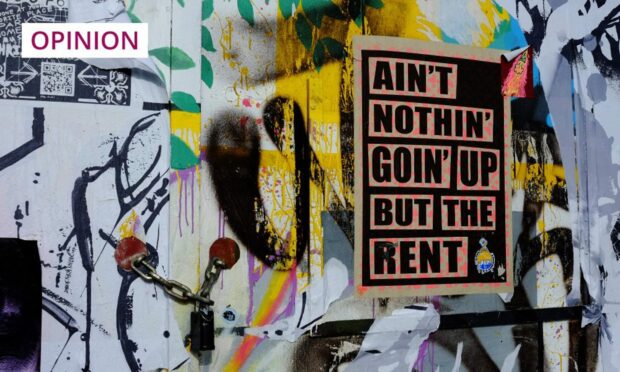
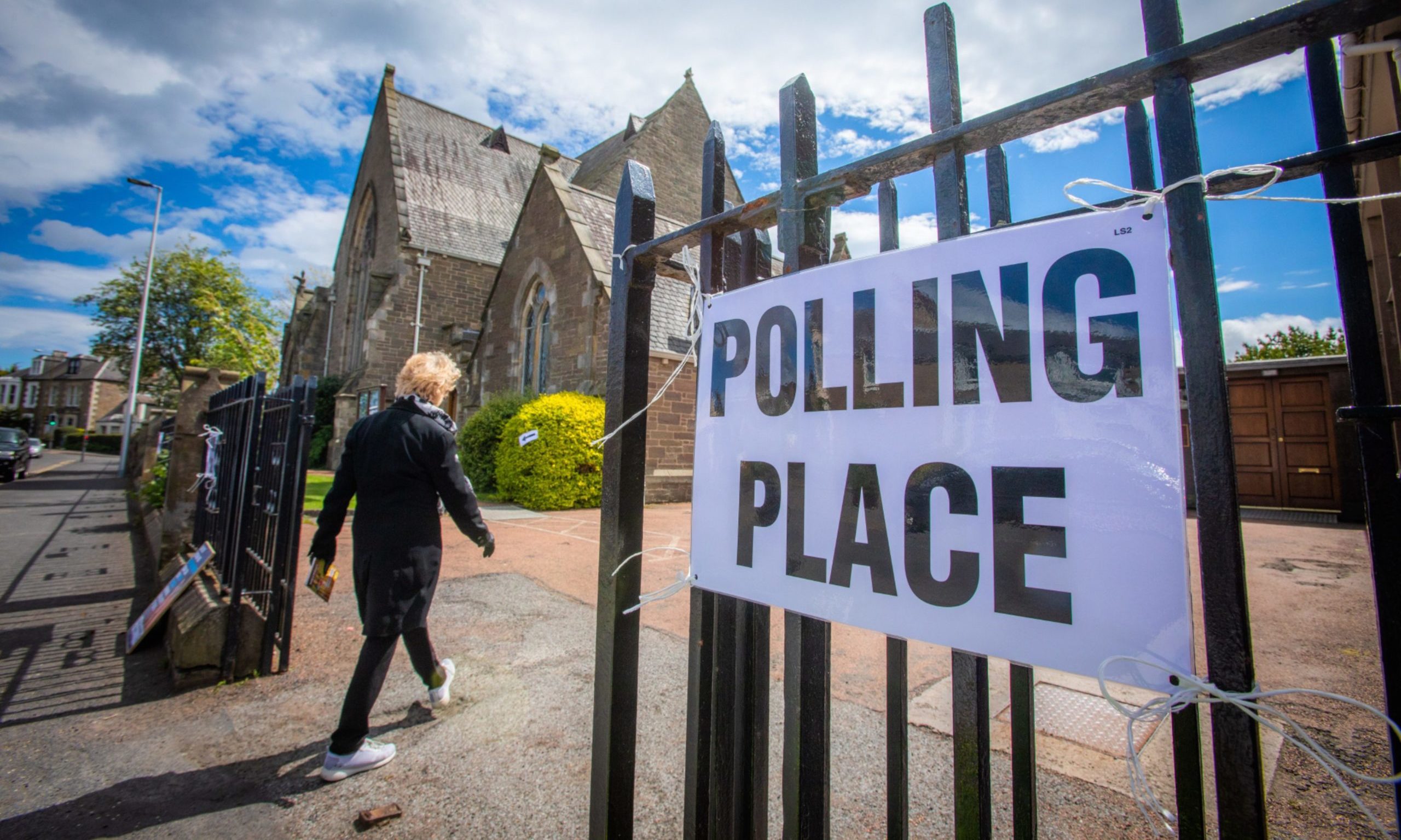
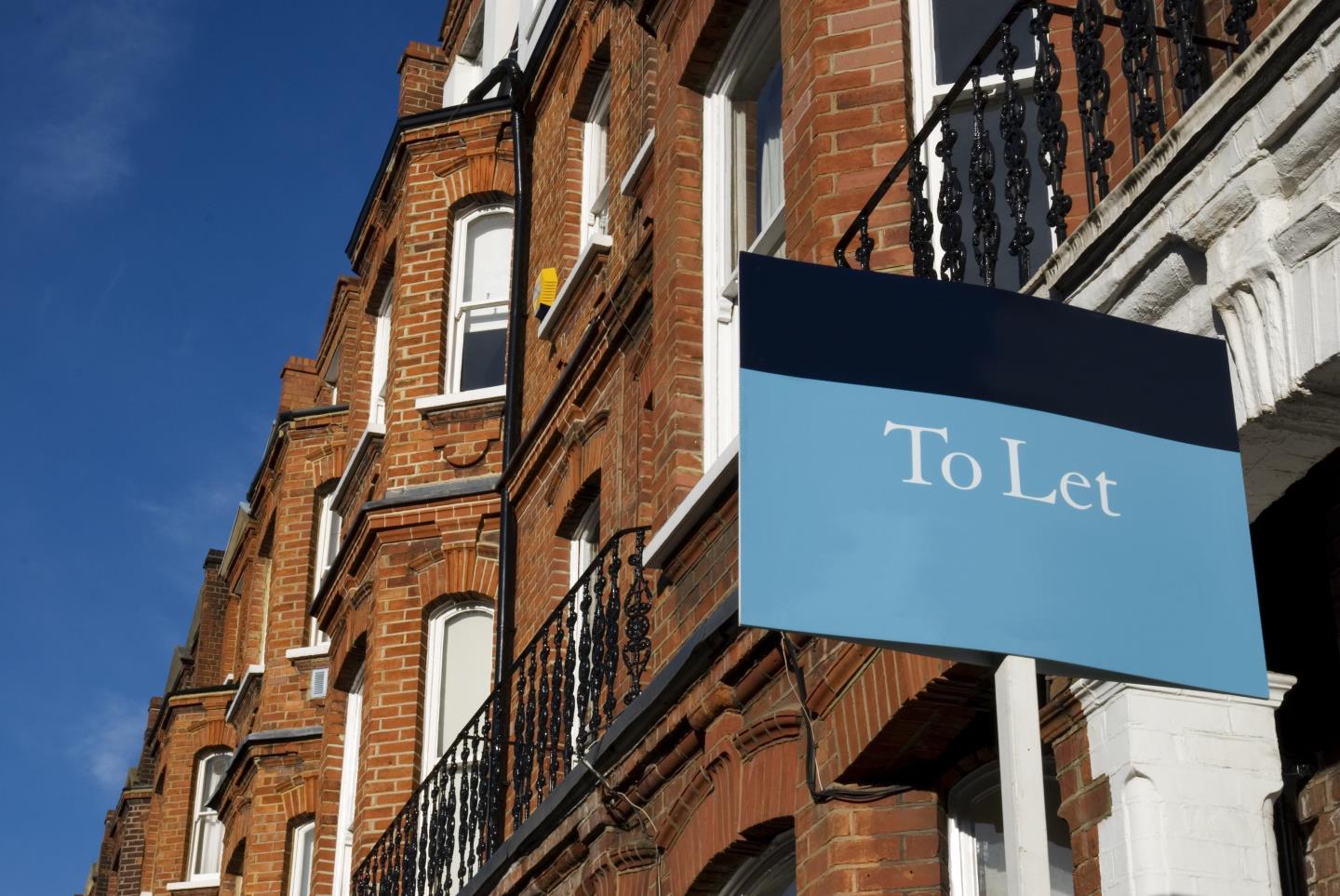


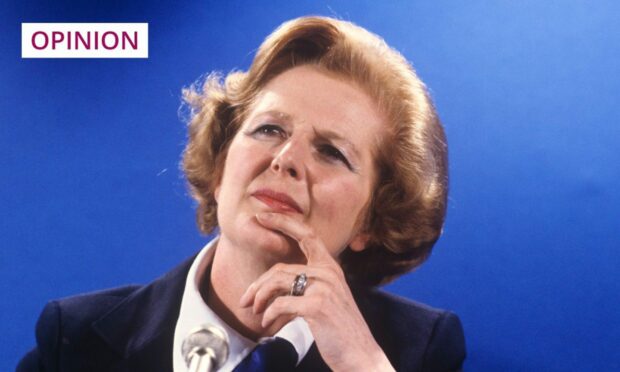

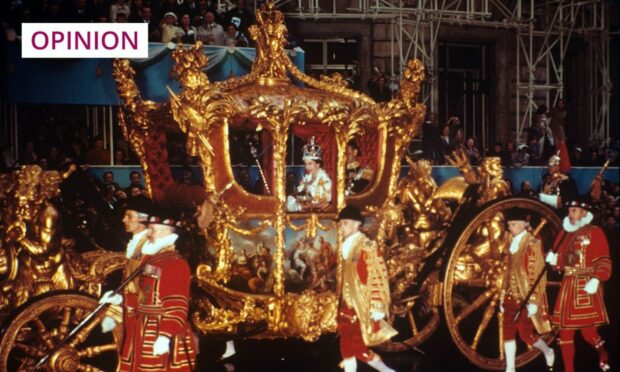
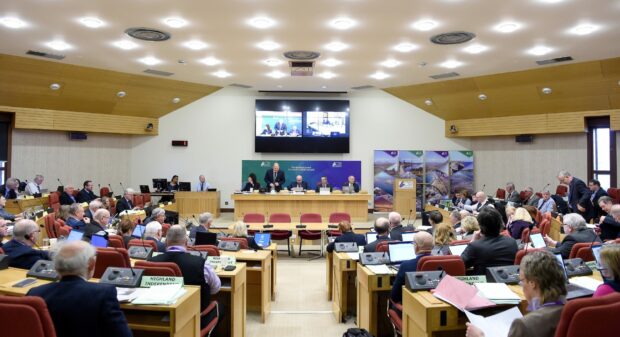










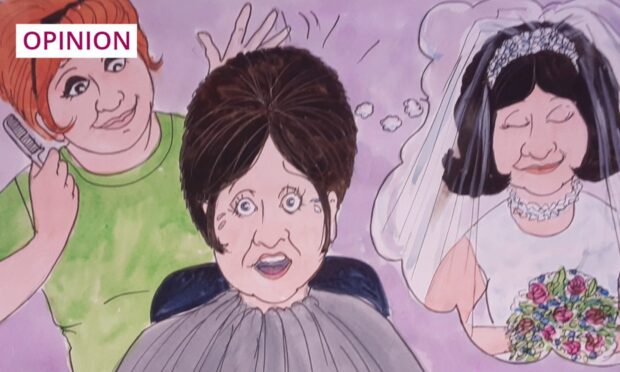
Conversation